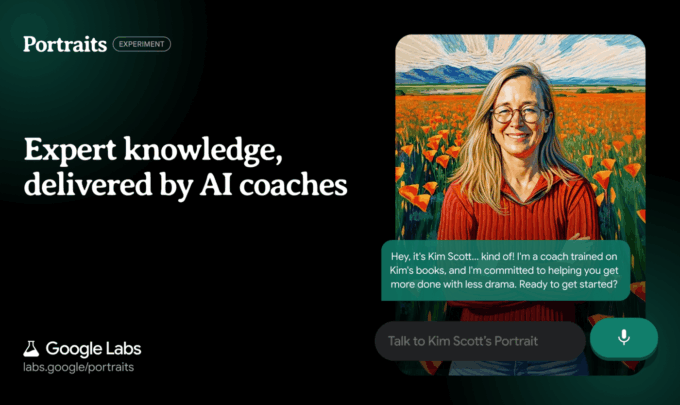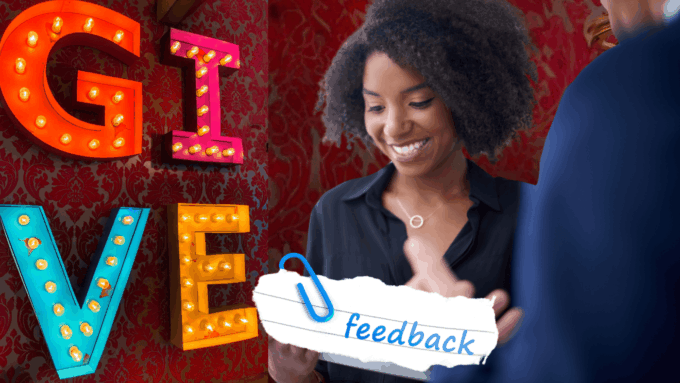Kim Scott is the author of Radical Candor: Be a Kick-Ass Boss Without Losing Your Humanity and Radical…
A Big Change for Candor, Inc.
This year was a big year for Candor, Inc. We launched a podcast, Radical Candor: How Not To Hate the Boss You Have or Be the Boss You Hate. We also launched a new app, the Candor Coach. It was also a big year for me personally. In March, my book Radical Candor: Be a Kickass Boss Without Losing Your Humanity was published, after four years spent writing it, and it hit both the New York Times and the Wall Street Journal bestseller lists for several weeks running.
Russ and I recently put our podcast on hold to focus on our product, the Candor Coach. The value of focus was that it forced us to see facts more clearly: the 3 different apps we’d built didn’t help people to have more Radically Candid conversations. Our investors told us they didn’t think we could develop a software platform on the kind of time frame demanded by venture capital. This was hard to hear. Like most entrepreneurial teams, all of us at Candor, Inc. resisted this conclusion. We wanted to keep trying. We still had money in the bank. Why not keep going?
Over a bunch of sleepless nights, I realized something important. When we started the company, we thought some lightweight tips and reminders to solicit feedback and to have impromptu 2 minute praise/criticism conversations would really help people improve their feedback. Now, we realized we were dealing with changing deeply rooted human behavior: the tendency to avoid hearing, giving, or encouraging feedback. Tips and reminders weren’t enough. Tracking conversations wasn’t enough. We needed to help people change their mindset and their behavior. A software system that could change behavior was going to take significantly more time and investment than we had bargained for. I still believe it’s a nut that can be cracked. But not in 18 months, which was about how much cash we had left.
Watching my daughter perform in a play recently, I realized there was another big problem as well. I was using my iPhone to record her performance. About a minute in, I looked up from the tiny screen in my hand and actually watched my daughter herself, not my daughter in my phone, sing, “Believe it or not, I’m walking on air.” Tears immediately swam in my eyes. The emotional impact of watching my daughter rather than my phone was incredible. In that moment I really understood something that we’d talked about while developing the app. We were trying to build an app that would prompt people to put their phones down, look their colleagues in the eye, and have real conversations. We could not employ any of the usual tricks to make our app addictive, as the whole point was to get out of the app and into the real world. Yet we were competing with all the addictive apps. Another reason why building the right thing was going to take a lot longer than 18 months.
The app wasn’t getting much traction, but meanwhile Radical Candor was becoming a thing. The term Radical Candor is popping up in unexpected places — it is now a meme. It’s spreading to all different kinds of companies all over the world. It’s even getting preached in churches and rolled out in synagogues, and gaining traction in Washington of all places. Hundreds of CEO’s are rolling it out in their companies top down. Thousands of young employees are taking the initiative to try to improve the culture at some of America’s largest corporations from the bottom up.
In other words, the book and the podcast have begun to shift people’s mindset and their behavior. We get messages every day like this one:
Kim’s book has struck so many chords for me and my company (and I suspect many companies). It’s one of those, “of course! She’s found a way to define the thing that has seemed so hard to verbalize, but what I knew to be true.” My colleague heard her last week and came to me and said, “we’re a product of ruinous empathy!” Yep. And I asked our co-founder to read the book, and he said he had multiple epiphanies in the first few chapters.
Or this one
I’m about 75% done with Radical Candor. I’ve found the stories really interesting and can relate to many of them since I’ve made the same mistakes or witnessed them. I’m going to focus on being a better listener and soliciting feedback regularly. I thought doing it once a year was adequate. I realize how wrong that logic is now. I’ve always prided myself on being a good, fast, logical decision maker and now realize that I need to include others more in that process. There are so many things to put in practice!
Notes like those, in addition to being enormously reassuring, have provided important guidance. These notes showed us that the best course of action is to keep doing what is working–the podcast, writing, telling stories, doing workshops–and pause our efforts to develop the software. It makes sense to continue investing in the things that are working, and to stop investing in the things that aren’t. The book, the podcast, the talks, the workshops, the in-person coaching–all these words and human connections are what has been working and where we need to focus. Not the software. We are in Silicon Valley, so seeing this felt a little like realizing the earth was not at the center of the universe. But it isn’t, in fact…
So here is what’s coming next. Russ, the Candor Coaches and I will continue to do talks and workshops for companies who are rolling out Radical Candor. Russ and I are going to re-start the podcast in the fall. Russ and I will do everything in our power to help everyone on the Candor Inc. team find a job they are thrilled about. Not that they need my help. They are some of the best engineers, product managers, UX designers, content marketers in the industry, all very much in demand. Our failure to build a great product lies entirely with me–I didn’t appreciate the magnitude of the behavior-change problem that we were wading into, and so for the first year of the company’s life we were building the wrong type of product.
As for me, I’ve come to realize that the best thing I can do to support people who want to make Radical Candor a reality in their organizations and in their lives is to focus on doing the thing that I most love to do: to write. So expect more blog posts, social media musings, further announcements about forthcoming articles, a new book, and maybe even a TV show based on Radical Candor. I’d love to hear from you about what I can do in these areas to help you with your efforts around Radical Candor. Because we won’t have any engineers to fix things when they break (which they inevitably do) we are going to disable Candor Coach and the Candor Gauge.
Thank you for all your support for Radical Candor so far, and I look forward to engaging more with all of you through my writing, and, more importantly, encouraging you to engage with each other, live and in person!


